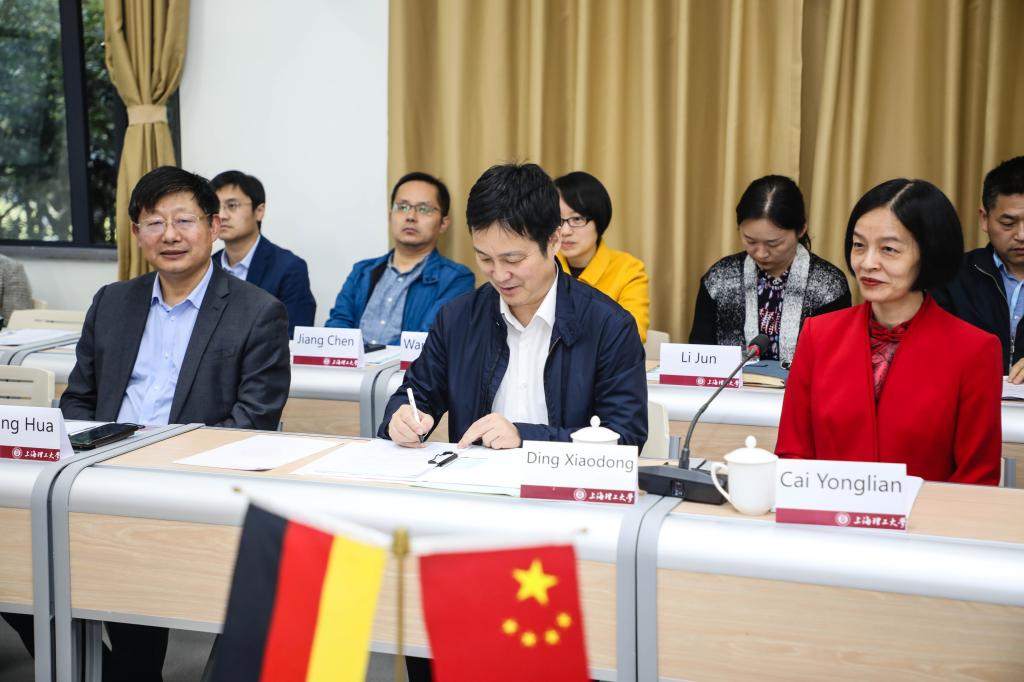The University of Shanghai for Science and Technology, or USST, is continuing in its push to promote international education in support of the integrated development of the Yangtze River Delta region.
The university first pledged its support to the region at the inaugural China International Import Expo in 2018, according to Cai Yonglian, vice-president of the USST.
Over the past 114 years, the university has set up dozens of courses and programs aimed at cultivating creative engineering professionals to meet the demand of industries and support China's long-term development. It has trained more than 100,000 professional engineers for enterprises in China.
The Sino-German College, established in 1998, is an example of the USST's pursuit of excellence in international education. According to the China University Rankings 2020, the Sino-German College has a high graduate employment rate, with a large number of students receiving offers from other leading universities for further studies.
The college has cultivated a large number of excellent graduates with high-level expertise and an international perspective. Some of its graduates have become leaders in their fields and made great contributions in supporting the Yangtze River Delta region.
Chen Mo, an electrical engineering graduate, has worked for prominent German engineering firms MUT Group and Schutz. She founded SIGAS Measurement Engineering in Changshu, Jiangsu province in 2010. The company is listed on the National Equities Exchange and Quotations, also known as the new third board.
Graduates have also taken management positions in multinational companies such as Ikea Shanghai and Freudenberg Regional Corporate Center Asia, according to the college.
Over the last 22 years, the Sino-German College has promoted integration between industry and education, and cooperation between enterprises and colleges. It has partnered with companies to build a smart manufacturing lab to give both Chinese and German students chances to take part in the development and application of new technologies.
The college also joined hands with Schneider Electric to set up a smart simulation base that allows students to learn about online data monitoring, processing and management systems. An industrial digital talent cultivation center developed by the college and Schneider Electric was recognized and is supported by the Ministry of Education in 2019.
The college has also made gains in strengthening communication among its peers. The USST formed the Sino-German Cooperation University Alliance in 2018 with other universities including Qingdao University of Science and Technology and Zhejiang University of Science and Technology.
The alliance hosts forums and conferences for members to exchange new ideas on international education.
The alliance hosted a forum focused on promoting cooperation among universities, enterprises, and student-led innovative startups during the 2019 China Annual Conference for International Education and Expo (CACIE).
The annual meeting of the alliance's management members was held in Zhejiang province on Oct 27.

Ding Xiaodong (center), president of the USST, signs an agreement to strengthen cooperation with Hamburg University of Applied Sciences in Germany in October.
Source: https://epaper.chinadaily.com.cn/a/202011/05/WS5fa33d06a31099a234351883.html

